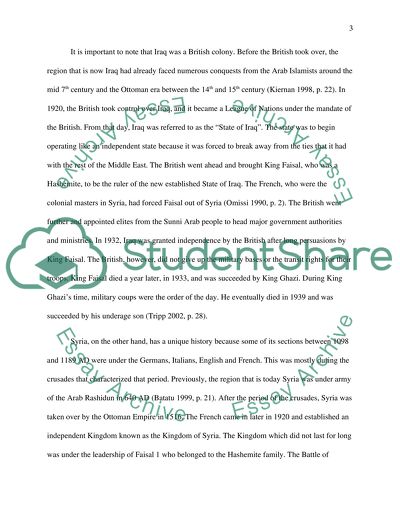Cite this document
(“Modern states in the Middle East are the product of colonial violence Essay”, n.d.)
Retrieved from https://studentshare.org/history/1498129-modern-states-in-the-middle-east-are-the-product
Retrieved from https://studentshare.org/history/1498129-modern-states-in-the-middle-east-are-the-product
(Modern States in the Middle East Are the Product of Colonial Violence Essay)
https://studentshare.org/history/1498129-modern-states-in-the-middle-east-are-the-product.
https://studentshare.org/history/1498129-modern-states-in-the-middle-east-are-the-product.
“Modern States in the Middle East Are the Product of Colonial Violence Essay”, n.d. https://studentshare.org/history/1498129-modern-states-in-the-middle-east-are-the-product.


